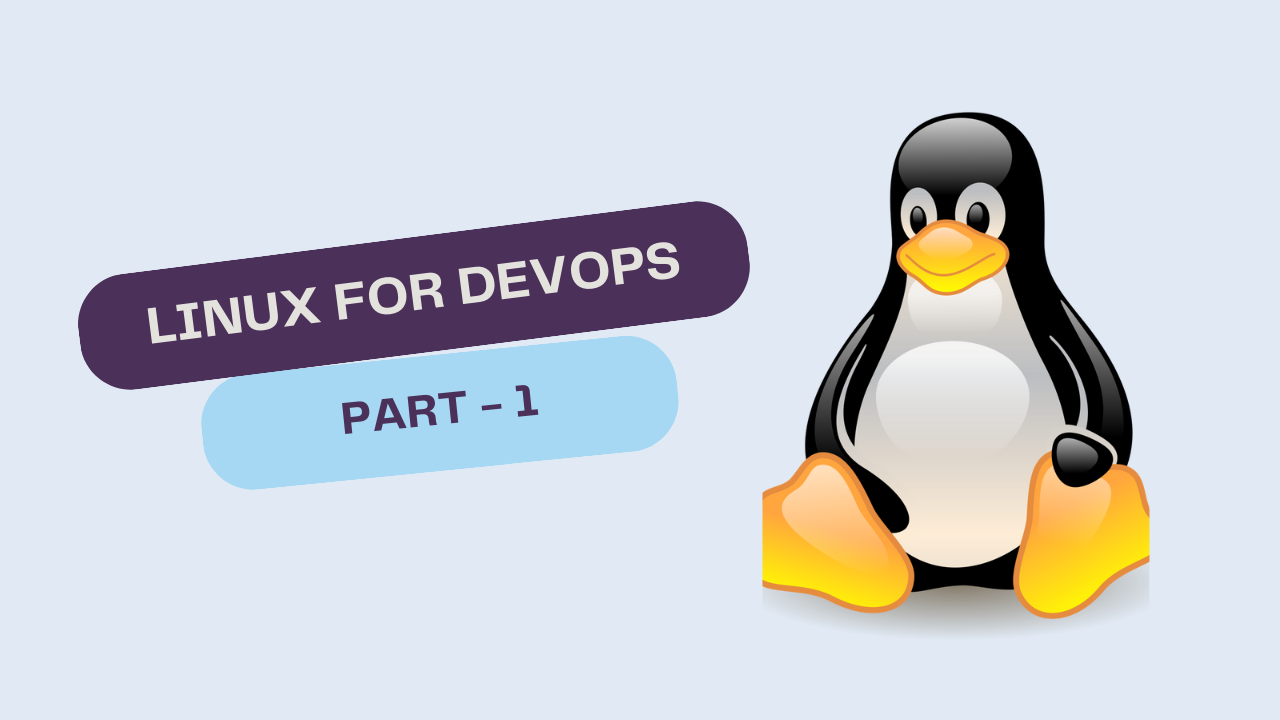Linux For DevOps Part - 1
 Nabaranjan palatasingh
Nabaranjan palatasingh
Linux Principles
Everything is a file.
Configuration data stored in text.
Avoid Captive user interfaces.
Small, Single-purpose program.
Why Linux?
OpenSource.
Community support.
Heavily customizable.
Most Servers run on Linux.
Most of the tools in DevOps are implemented only on Linux.
Automation
Secure.
Directories in Linux
'/' (Root Directory):- All other directories and files are contained within this directory.
'/bin':- Contains essential user binaries (commands) like
ls,cp,mv,cat, etc., that are required for the system to boot and operate in single-user mode.'/boot':- Contains files necessary for booting the system including Linux kernel and bootloader configuration file grub.
'/dev':- Contains special device files, representing hardware devices like disks, USB drives, printers, and terminals.
'/etc':- Contains system-wide configuration files and shell scripts used to boot the system. It also stores user account passwords.
'/home':- The home directories for individual users. For example,
/home/usercontains the files and settings for the user-nameduser.'/lib':-Contains shared libraries and kernel modules required for essential binaries in
/binand/sbin.'/opt':- Used for installing optional software packages, often for third-party or proprietary applications.
'/proc':-A virtual file system that represents kernel and process information as files.
'/root':- The home directory for the root user (the system administrator).
'/sbin':- Contains system administrator commands.
'/tmp':-A directory for temporary files
'/usr':- Contains user-related programs and utilities.
'/var':- Stores variable data, such as logs, spool files, and cached files
Thanks for reading my blog. In the next part I will write about basic commands and file system of Linux with practical.
Subscribe to my newsletter
Read articles from Nabaranjan palatasingh directly inside your inbox. Subscribe to the newsletter, and don't miss out.
Written by

Nabaranjan palatasingh
Nabaranjan palatasingh
Aspiring Data Scientist | Machine Learning | AI | DevOps